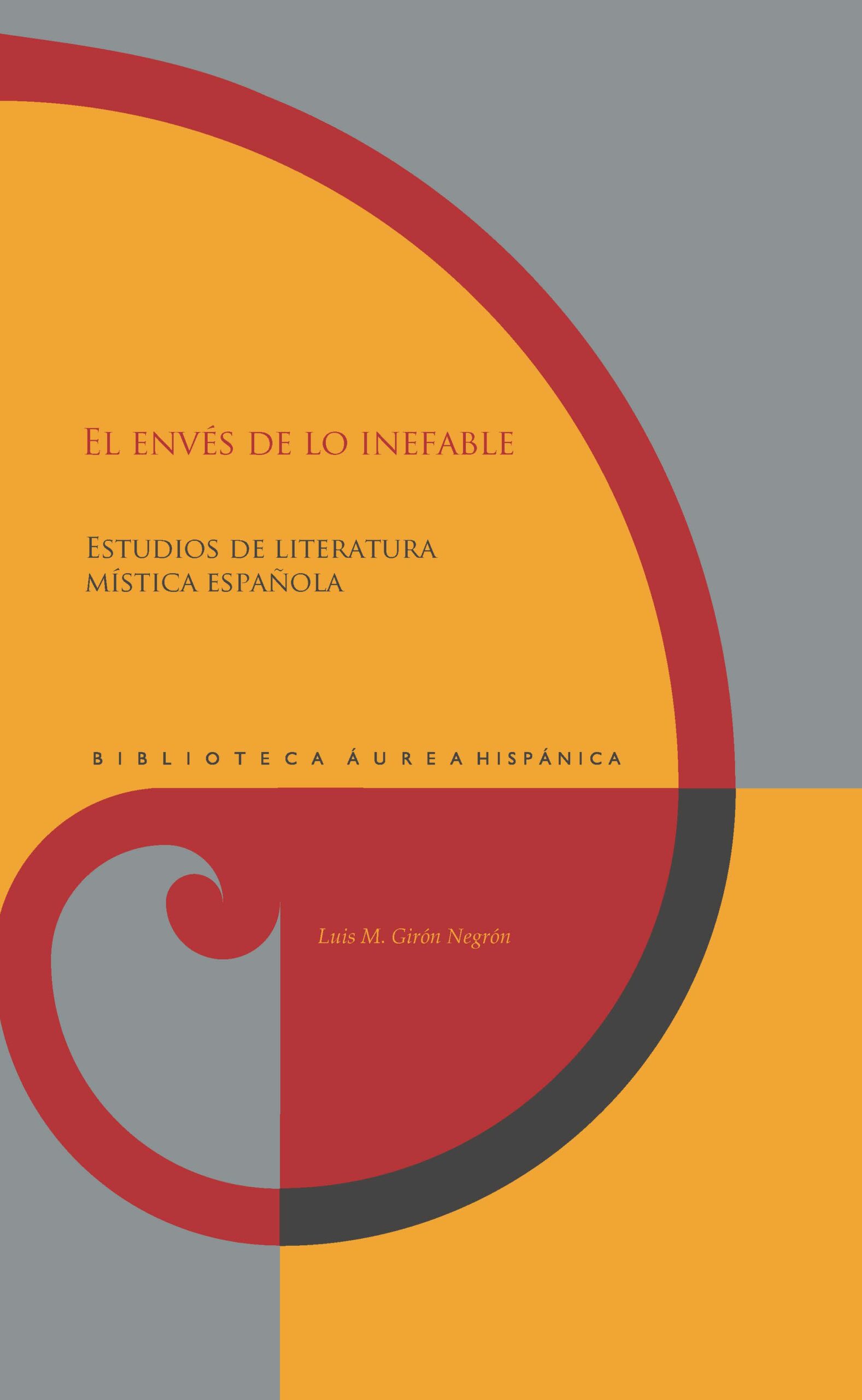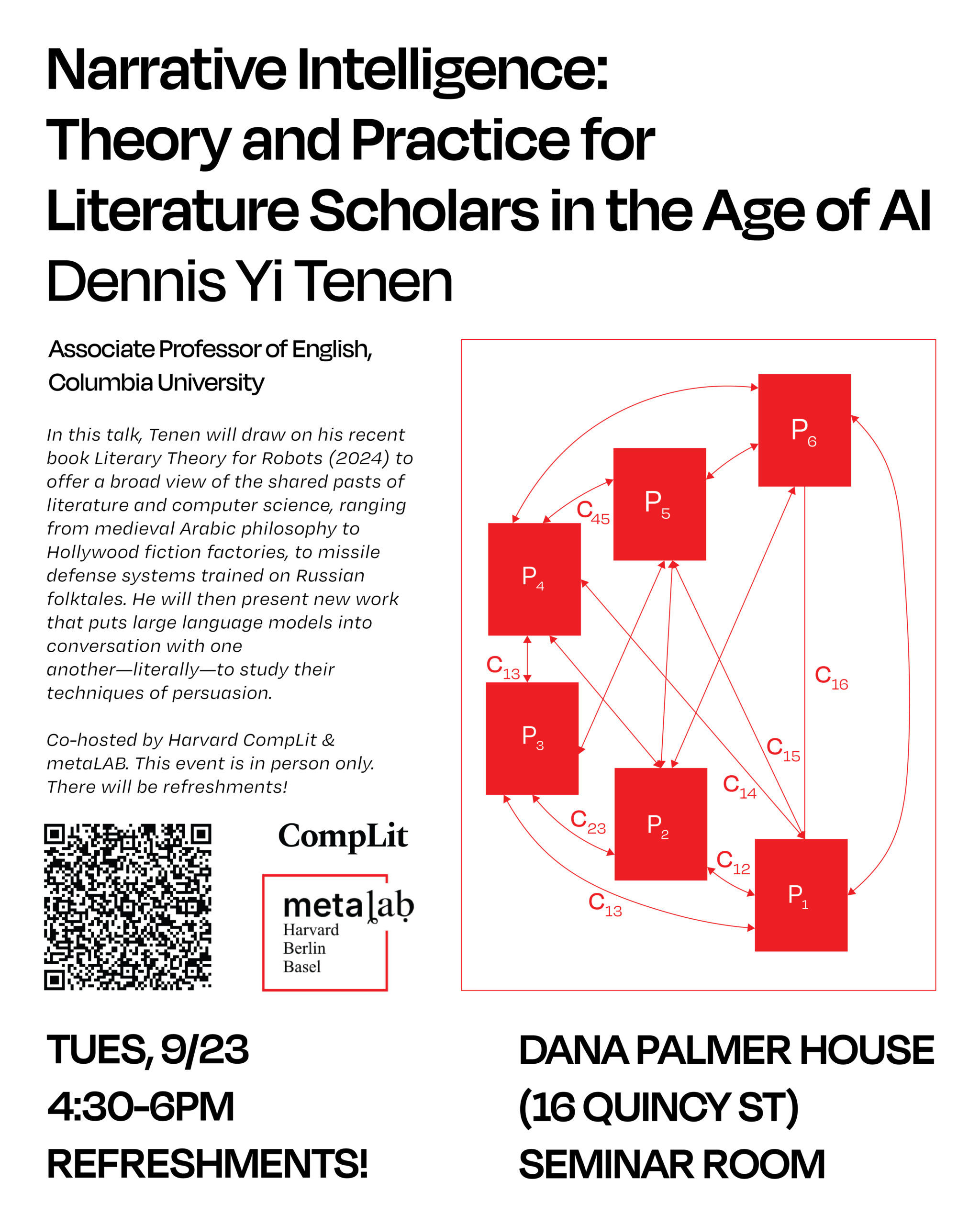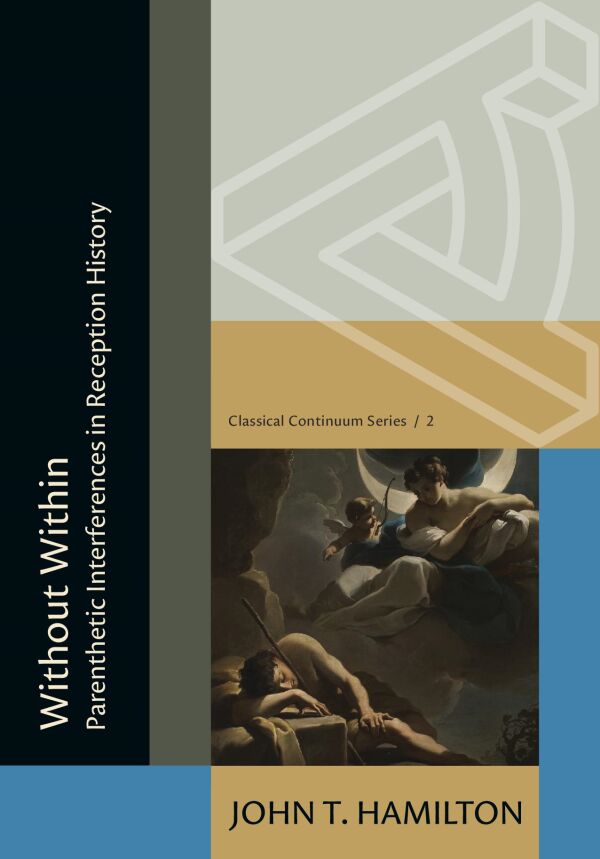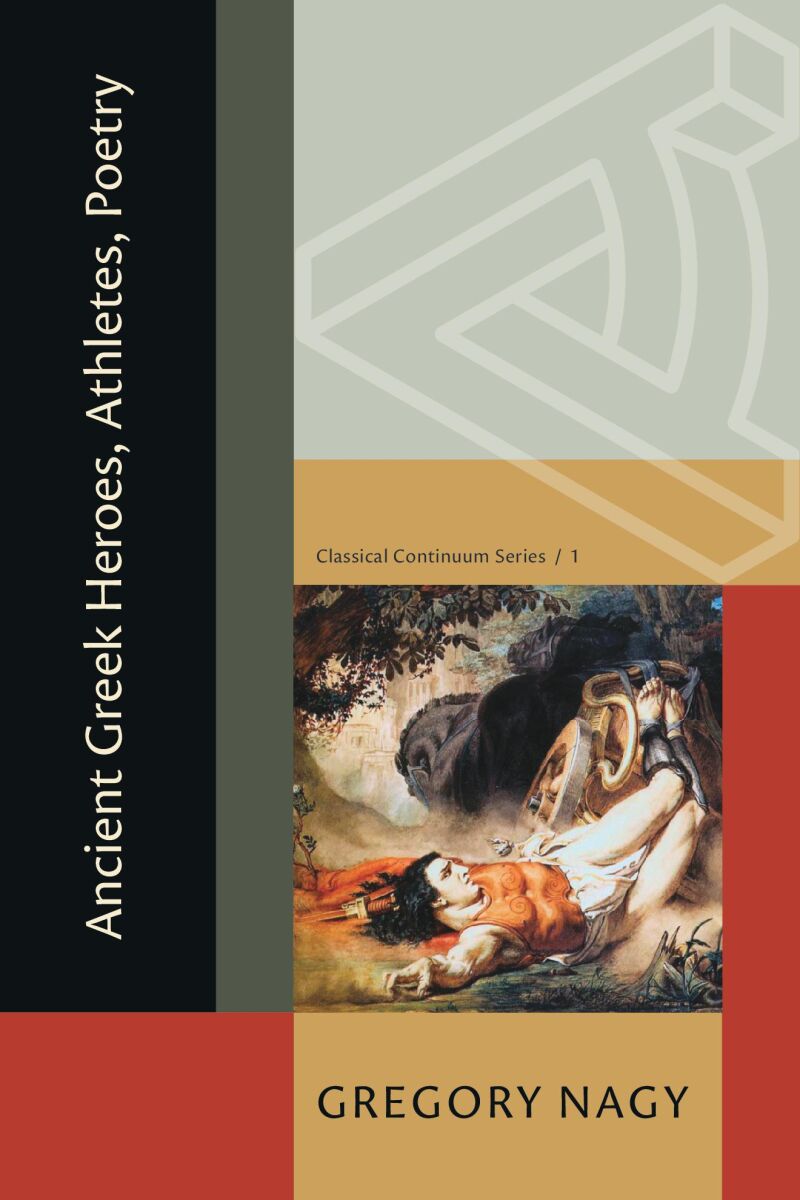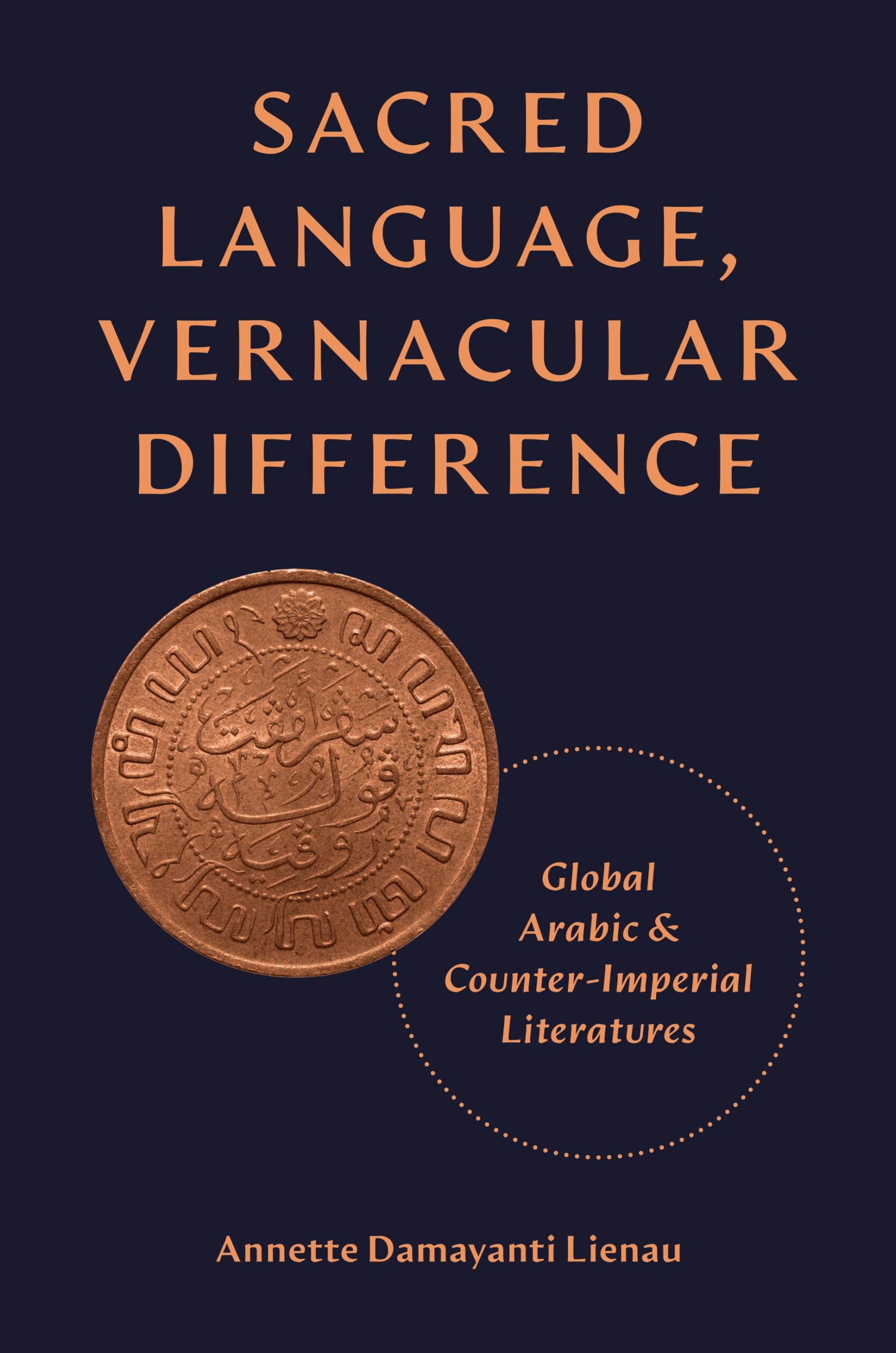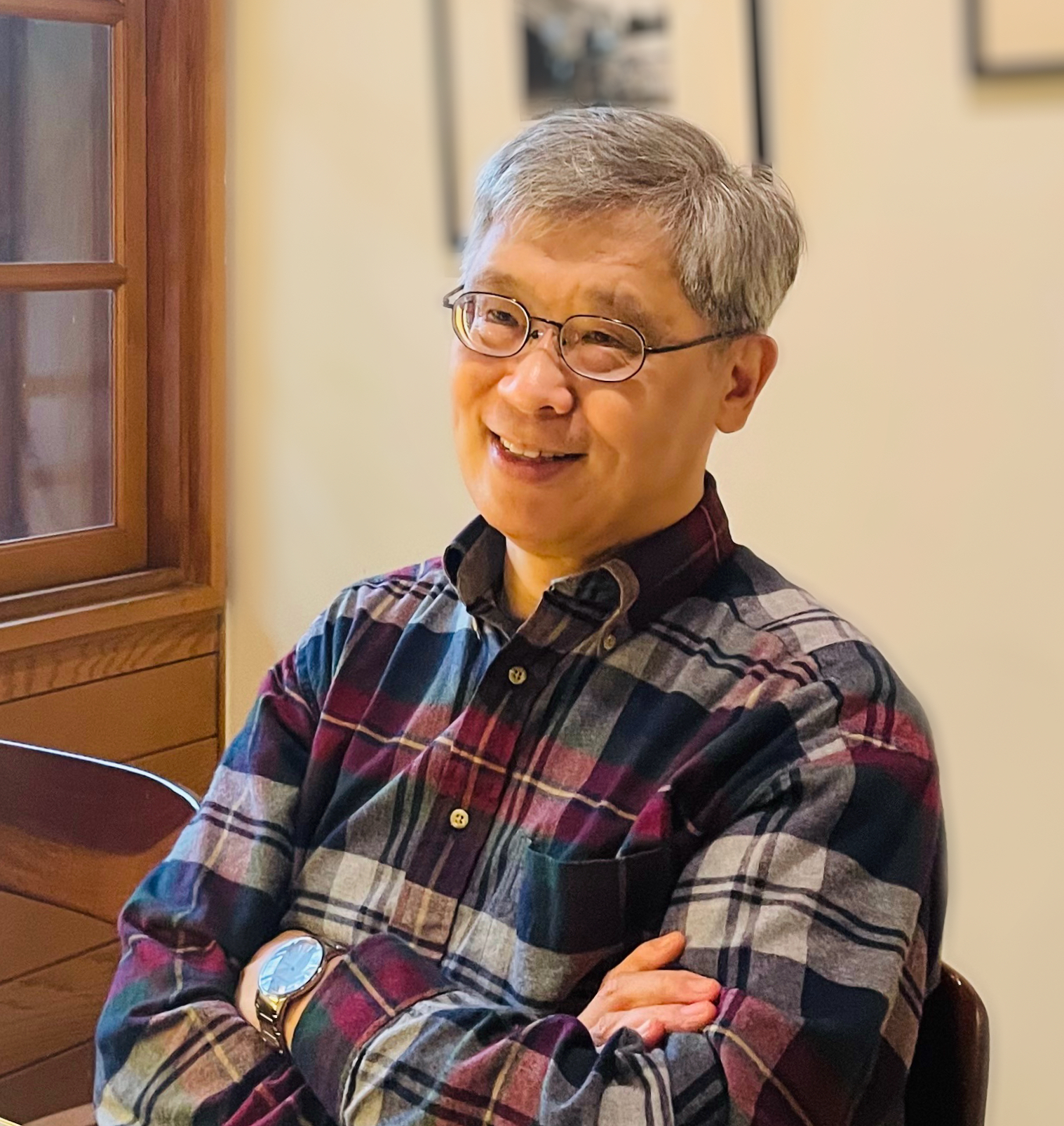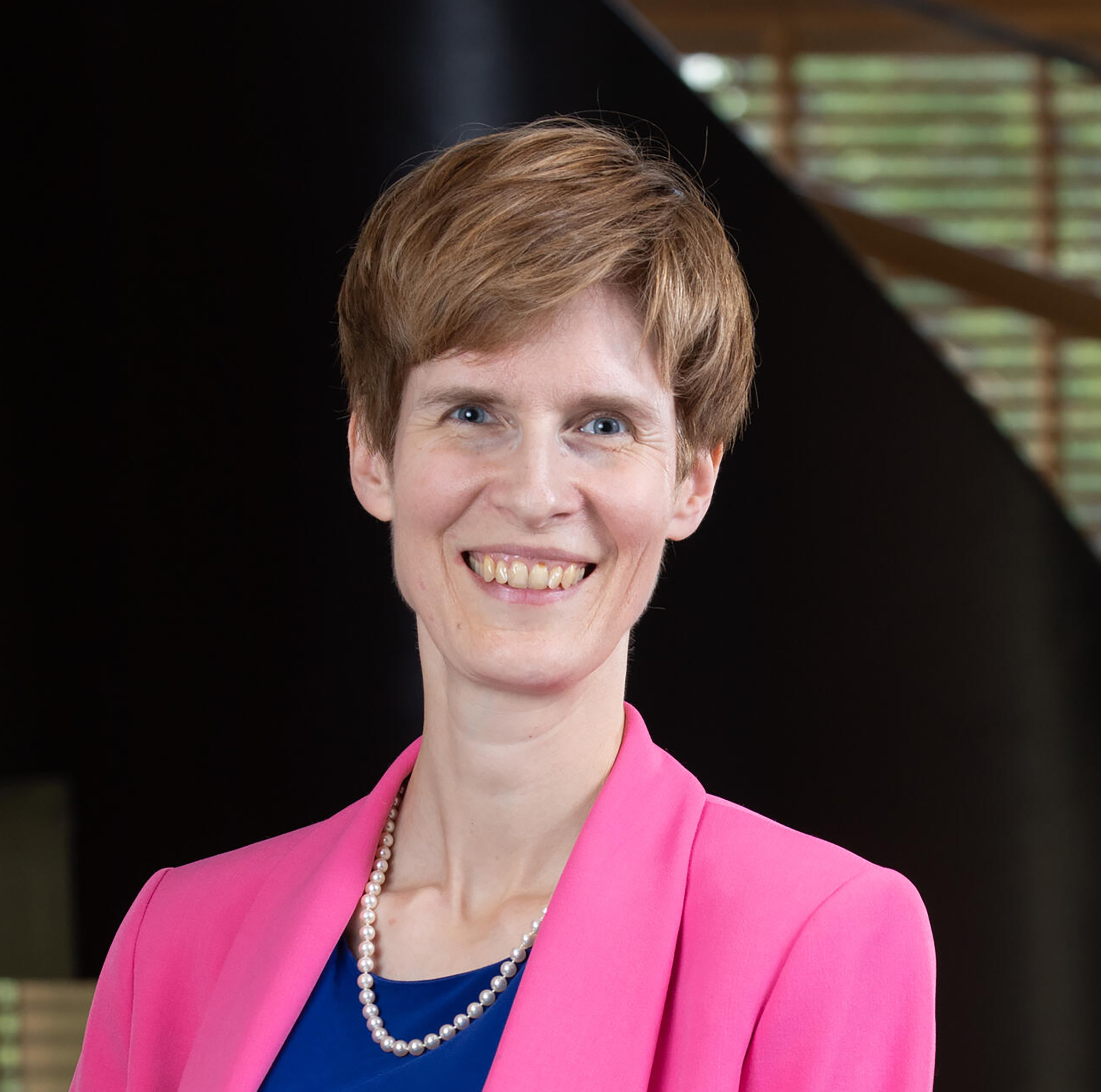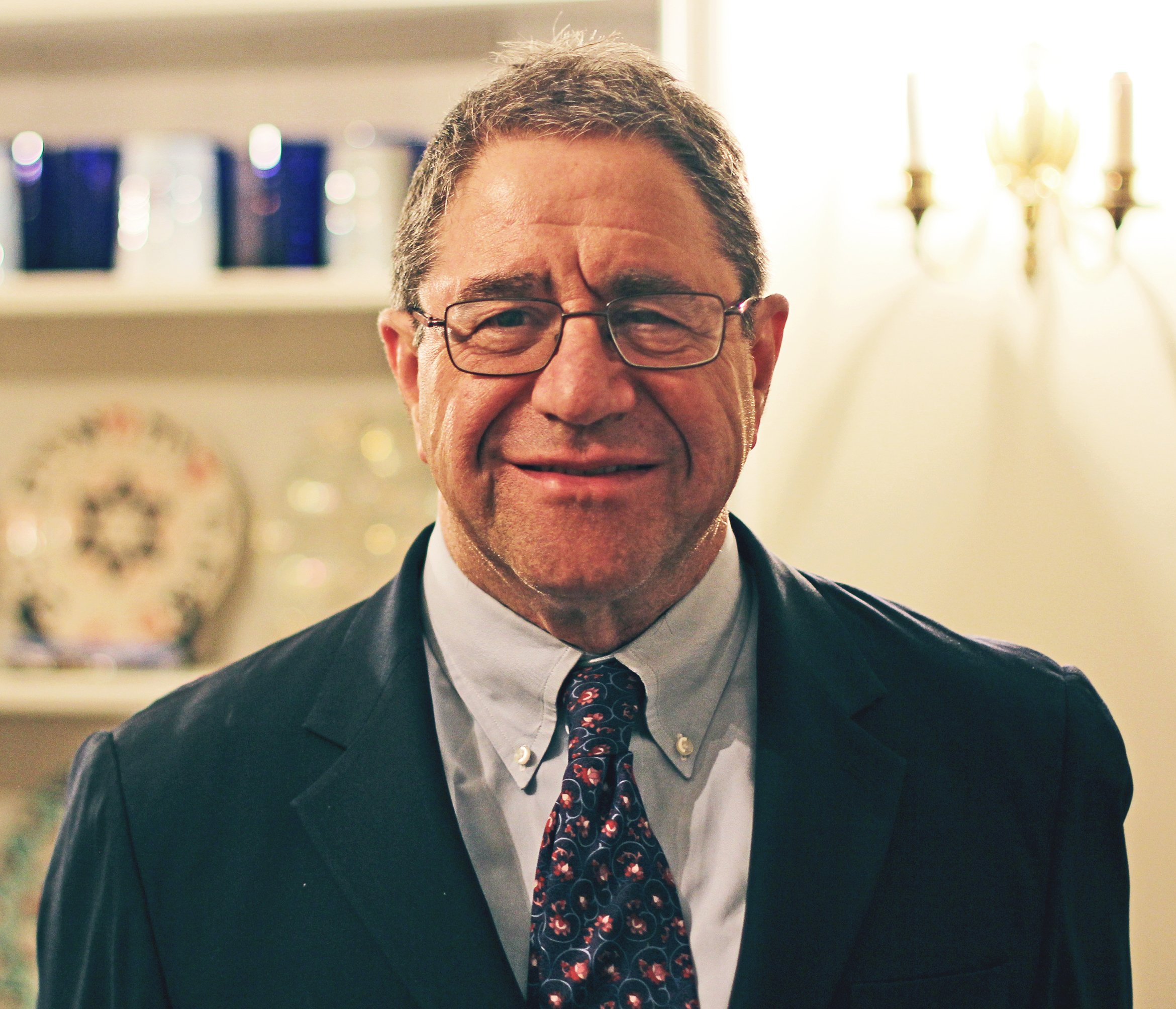Recent years have seen attempts to rethink modernism as a global phenomenon rather than a mostly Anglo-American and West European movement. Center-periphery relations have often been foregrounded in these efforts, and in critiques of them. Building on theoretical statements by Jorge Luis Borges, Oswald de Andrade, Pascale Casanova, Susan Stanford Friedman, Franco Moretti, Oe Kenzaburo, and Roberto Schwarz, this seminar will explore the politics of language, representation, and center-periphery relations in works by Antonio Machado de Assis, Ryunosuke Akutagawa, Higuchi Ichiyo, James Joyce, Miguel Ángel Asturias, Franz Kafka, Eileen Chang, Clarice Lispector, Lu Xun, Ahmet Hamdi Tanpınar, and Pramoedya Ananta Toer.ars have seen ambitious attempts to rethink modernism as a global phenomenon rather than a largely Anglo-American and West European movement. Center-periphery relations have often been foregrounded in these efforts, and in critiques of them. Building on theoretical statements and critiques by Jorge Luis Borges, Kenzaburo Oe, Franco Moretti, Pascale Casanova, Emily Apter, Eric Hayot, and Susan Stanford Friedman, this seminar will explore the politics of language, periodization, and center-periphery relations both within and beyond the West, in works by Higuchi Ichiyo, James Joyce, Lu Xun, Ryunosuke Akutagawa, Virginia Woolf, Djuna Barnes, Borges, Kukrit Pramoj, Pramoedya Ananta Toer, and Derek Walcott.

